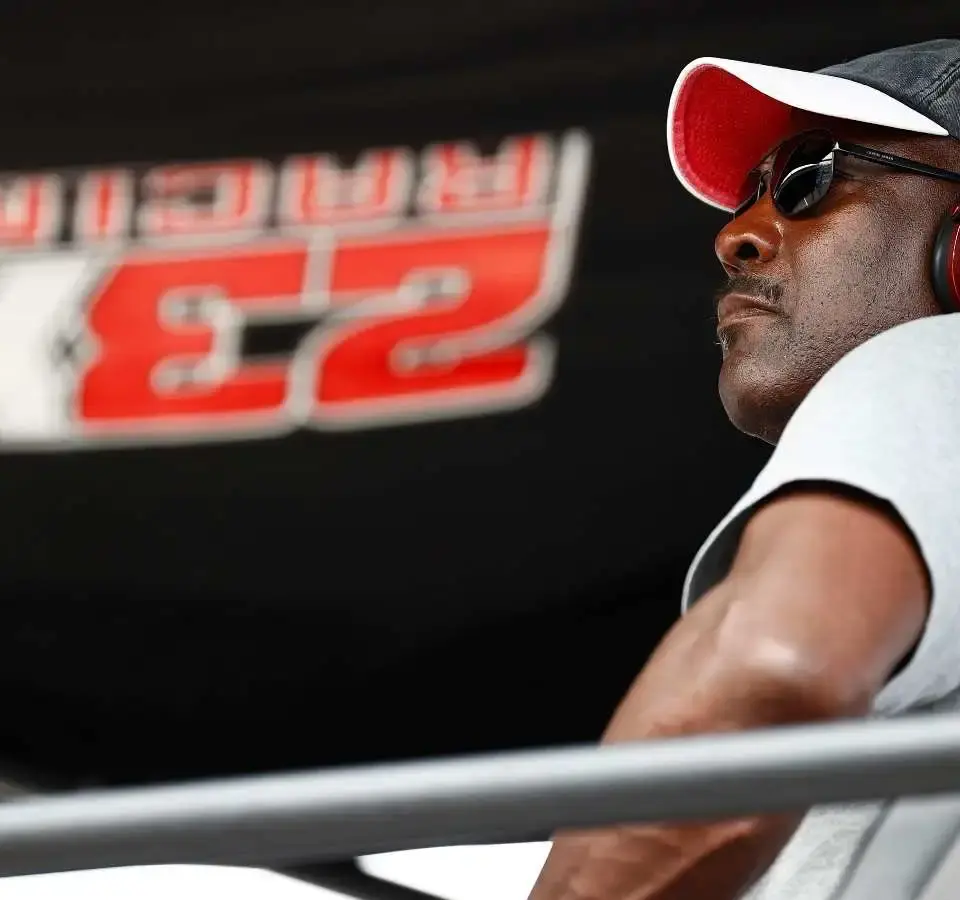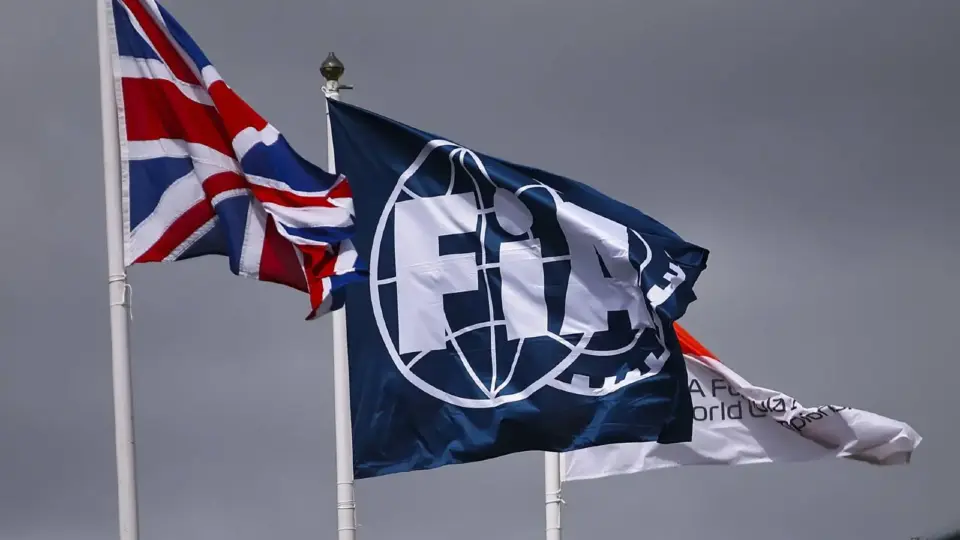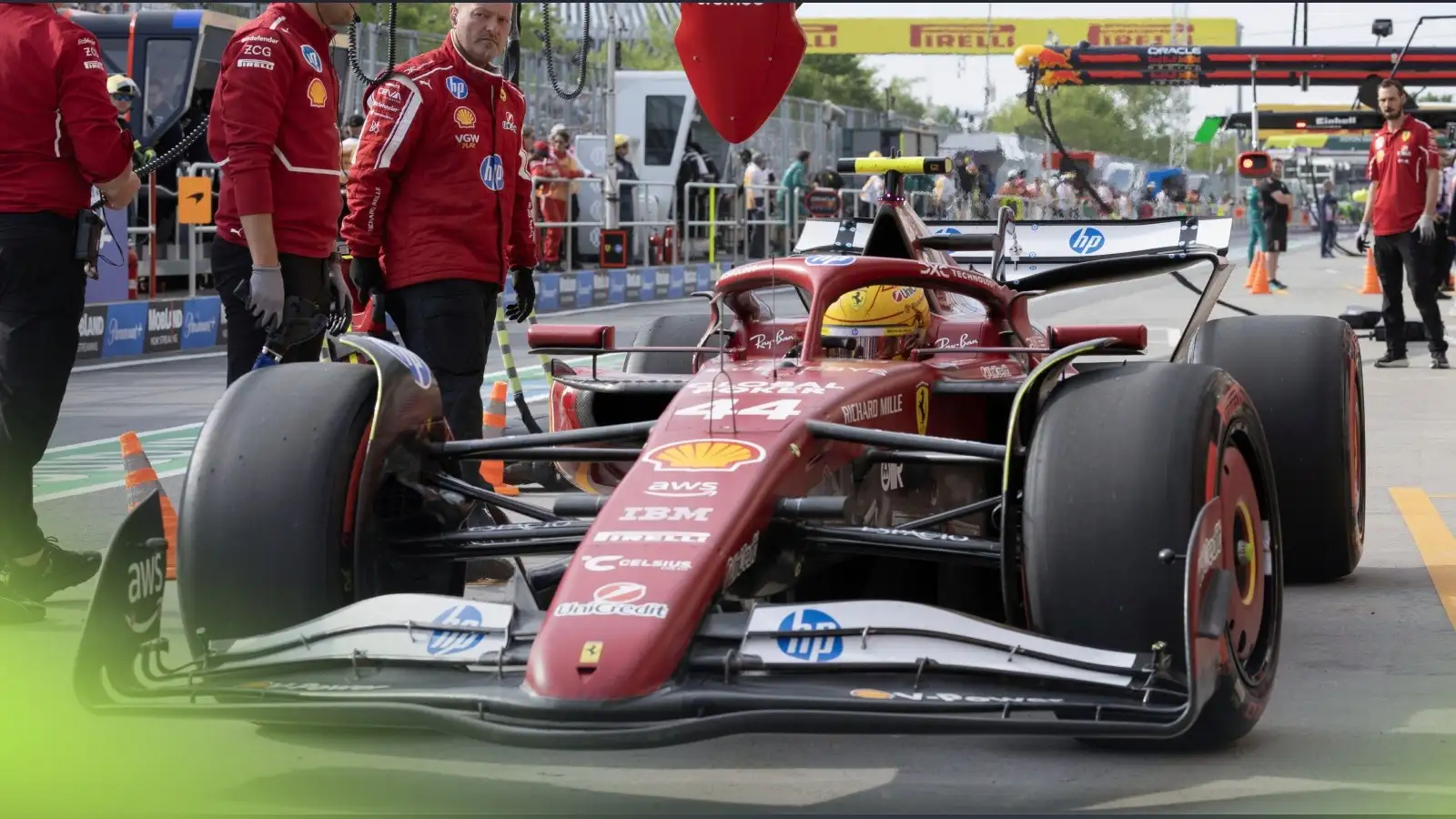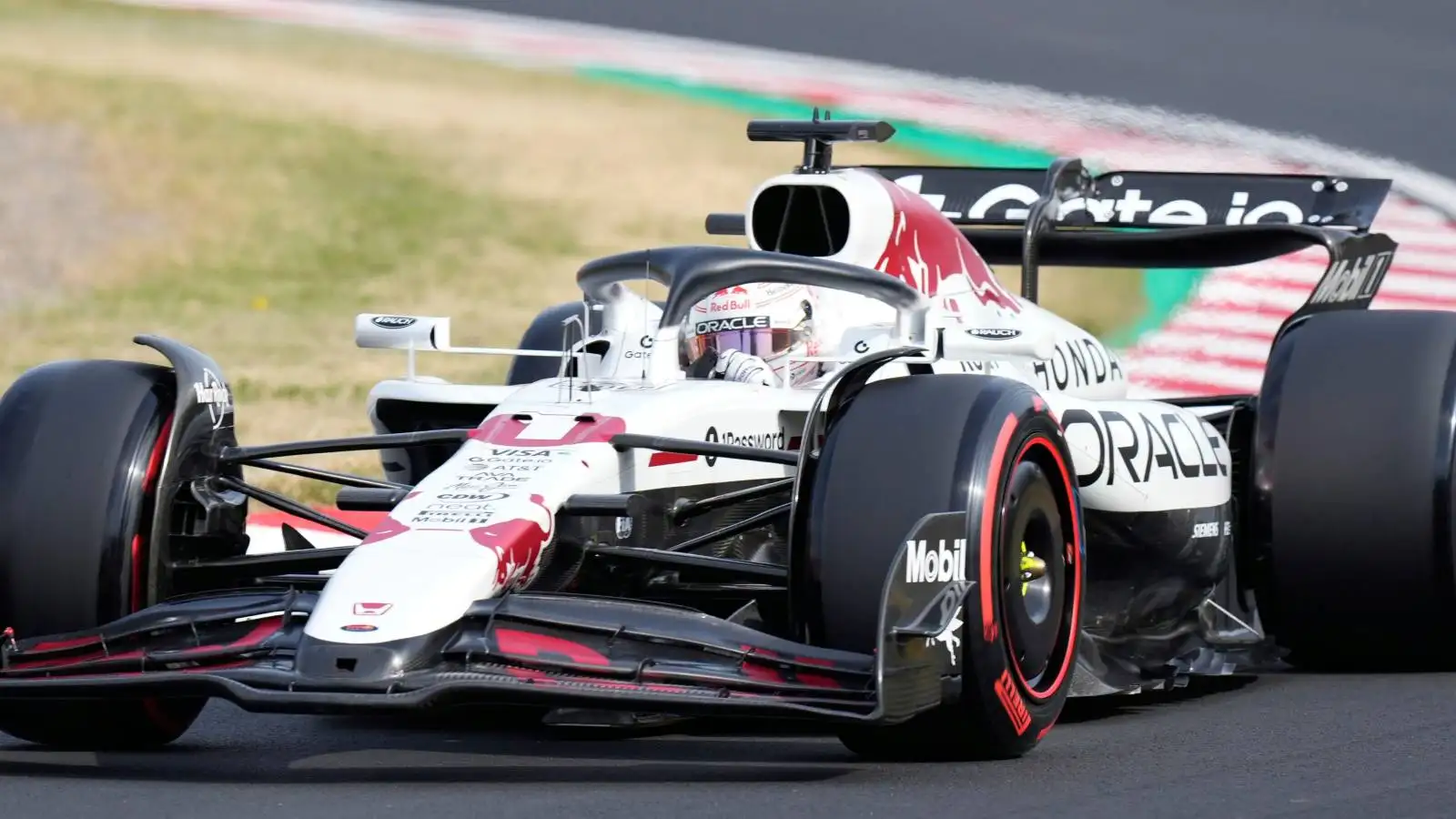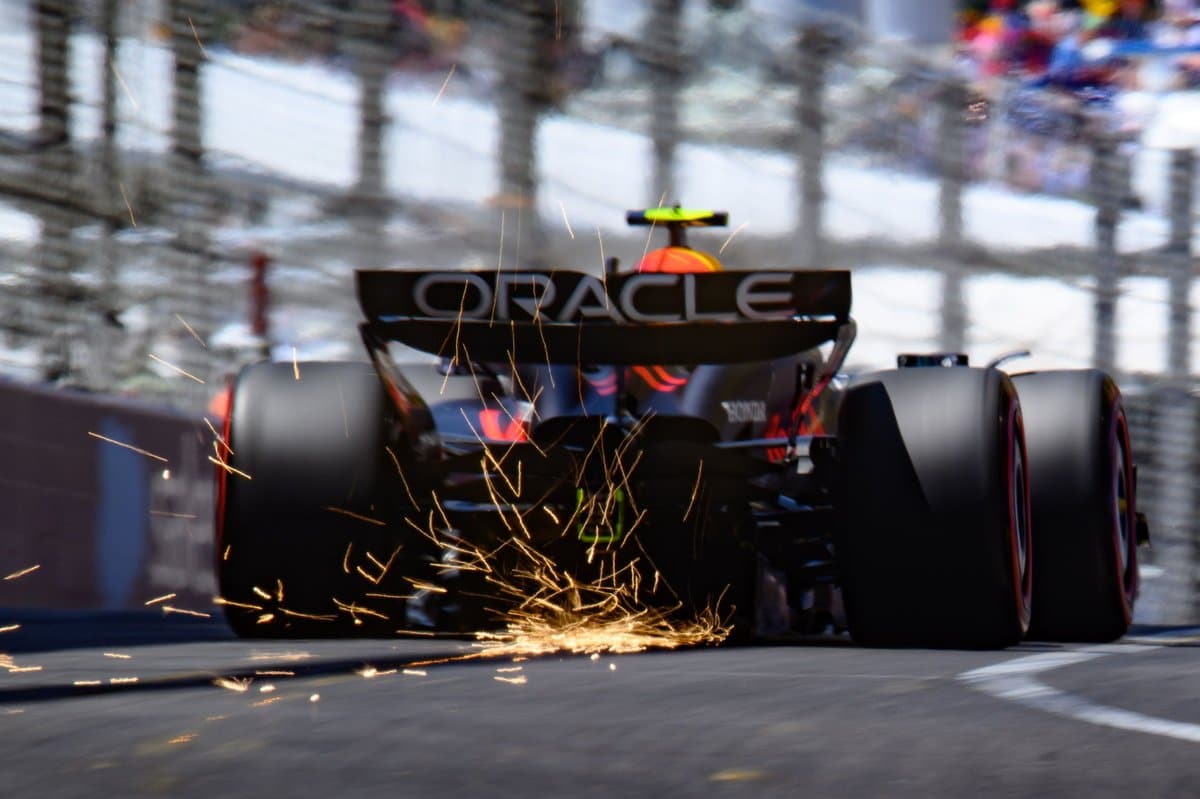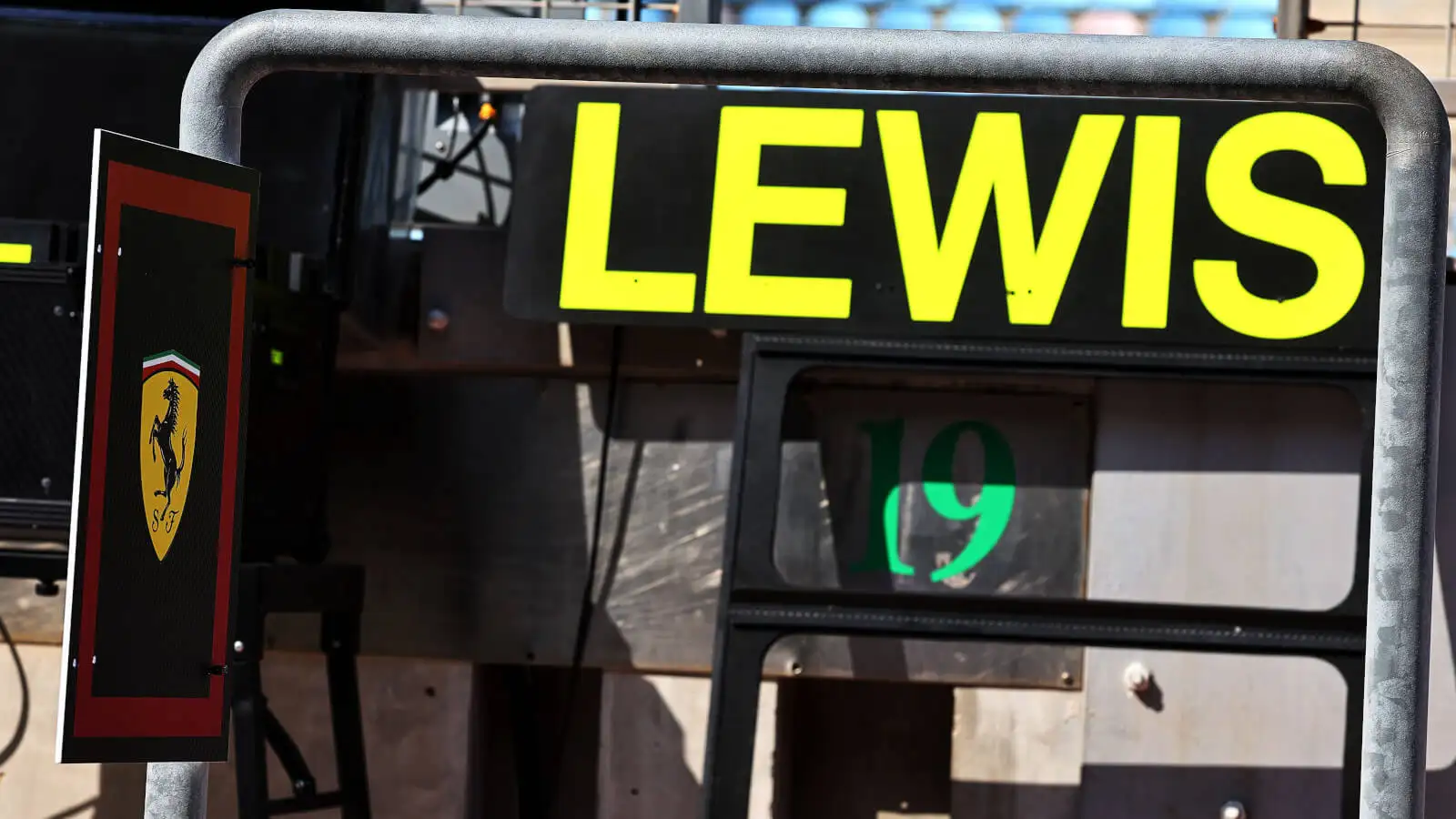Two NASCAR teams, 23XI Racing and Front Row Motorsports, have brought Formula 1 into their antitrust lawsuit against NASCAR.
- Michael Jordan, a former NBA star, co-owns 23XI Racing, which is pivotal in this legal battle against alleged monopolistic practices by NASCAR.
- The lawsuit stems from dissatisfaction with NASCAR’s 2025 charter agreement, which the teams argue is monopolistic in nature.
- A subpoena has been issued to Liberty Media, Formula 1’s owner, seeking detailed financial records to compare NASCAR’s operations with other motorsport series.
- The situation is tense as Liberty Media refuses to comply, leading to a potential legal standoff in Colorado’s courts.
Two NASCAR teams, 23XI Racing and Front Row Motorsports, are kicking up dust by intensifying their antitrust lawsuit against NASCAR. Their claim? That NASCAR is operating like a monopoly, strong-arming teams into unfavorable charter agreements. But here’s the twist—they’re dragging Formula 1 into the fray for comparison.
This legal saga comes with an all-star cast. Former NBA icon Michael Jordan isn’t just shooting hoops anymore; he’s co-owner of 23XI Racing, one of the teams challenging NASCAR’s practices. The focal point of their lawsuit centers on NASCAR’s 2025 charter agreement, which the teams claim was finalized without addressing their concerns. They allege that NASCAR’s reluctance to negotiate further and threats to revoke charters from those who didn’t comply are prime examples of monopolistic behavior.
To fortify their case, 23XI and Front Row Motorsports have issued a subpoena to Liberty Media, the powerhouse behind Formula 1. They want financial details from January 1, 2016, to December 31, 2024, a critical period capturing NASCAR’s charter system era. The teams are eager to dissect how F1 runs its business, using it as a potential benchmark to highlight NASCAR’s monopolistic tendencies.
Despite their strategic maneuver, they’ve hit a roadblock. Liberty Media is stonewalling, refusing to hand over the requested documents and arguing that the demands are overly burdensome. The dispute narrows to several key financial areas, like revenue sharing and league constitutions, but with no resolution in sight. Liberty even suggested the teams try to ‘reverse engineer’ the data from public filings, which offer a mere glimpse into the revenue puzzle.
The drama unfolds under the watchful eyes of the Colorado court system, the battleground for enforcing the subpoena. It’s a high-stakes showdown reminiscent of past motorsport legal dramas, like the transformative ‘white paper’ penned by Dan Gurney against USAC back in 1979. Modern parallels are drawn, but uncertainty looms as the clock ticks toward the lawsuit’s discovery deadline and trial date later this year.
All eyes are now on the upcoming legal battle in Colorado, where the future strategies of NASCAR and its challengers will unfold.
